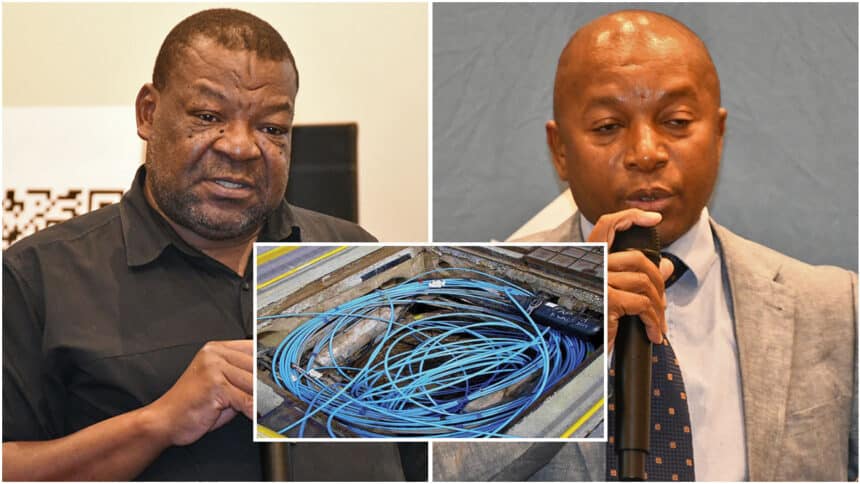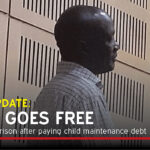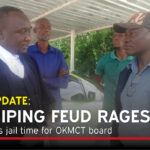Botswana Fibre Networks (BoFiNET) is facing a growing challenge of vandalism targeting its infrastructure across the country.
While the vandalism incidents include theft of cables, fuel, and batteries, the most alarming and costly issue has been the destruction of the fibre network.
In 2023 alone, BoFiNET spent a staggering P12 million replacing vandalized fibre infrastructure, excluding the financial impact of business losses during outages.
The vandalism trend in 2024 shows a concerning pattern.
BoFiNET recorded 18 cases of vandalism in January, increasing to 21 in February.
Although the number dropped to 16 in March, it fluctuated in the subsequent months, with 13 cases reported in May, 12 in June, and a significant spike to 25 cases in July.
By August, the number slightly decreased to 16 reported cases.
“Fibre is made of glass and requires specialized equipment for connection, which takes time,” explained Hendrick Matlhaku, the acting Technical Executive at BoFiNET.
“We used to experience breaches every two days, but the intervention of law enforcement agencies has reduced this to one breach per week.” Matlhaku highlighted that while vandalism and theft occur sporadically, certain areas such as the Molepolole-Letlhakeng route and Nkoaphiri area are particularly prone to these incidents.
He also noted a troubling shift of theft activities to the Central District, Tswapong, and Mahalapye areas following the intensified security efforts in the Greater Gaborone region.
BoFiNET is committed to achieving 100 percent national broadband coverage by 2028, with ongoing backbone projects in areas like Sherwood-Mathathane, Metlojane-Jwaneng, and local access network projects in Moshupa, Thamaga, Ramotswa-Taung, and other regions.
Currently, 206 of Botswana’s 503 gazetted villages are connected to the fibre infrastructure, with plans to connect the remaining 297 villages.
In response to the vandalism crisis, BoFiNET’s acting Chief Executive Officer, Mpho Koolese, emphasized the company’s involvement in the Critical Infrastructure Forum (CIF), which plays a crucial role in safeguarding the stability and reliability of the country’s communication networks.
“The forum ensures uninterrupted connectivity for businesses, emergency services, educational institutions, and the public,” Koolese said. To combat the rise in fibre cable vandalism, the CIF will soon launch a public awareness campaign called “Ntebele ke go direle,” aimed at promoting responsible behavior towards communication infrastructure.
The committee is also in the process of establishing a toll-free 4-digit Interactive Voice Response (IVR) line, in collaboration with BOCRA and major telecommunications providers, to allow the public to report suspicious activities related to fibre networks.
BoFiNET, a 100 percent government-owned company, was established in October 2013 to serve as a wholesale provider of national and international telecommunications infrastructure and broadband internet services.
Since its inception, the company has expanded its fibre infrastructure from 6,000 km, inherited from BTC, to over 12,400 km.
BoFiNET has also made significant strides in providing free Wi-Fi hot-spots, increasing from 35 in 2015 to 1,272 in 2022.
The number of citizen-owned contractors has grown from four to 12, while the number of Internet Service Providers (ISPs) has increased from less than ten to over 105.
For the 2024/25 financial year, BoFiNET has been tasked with planning and implementing expansion projects worth over P755 million, with a significant portion allocated to local and citizen-owned companies.














